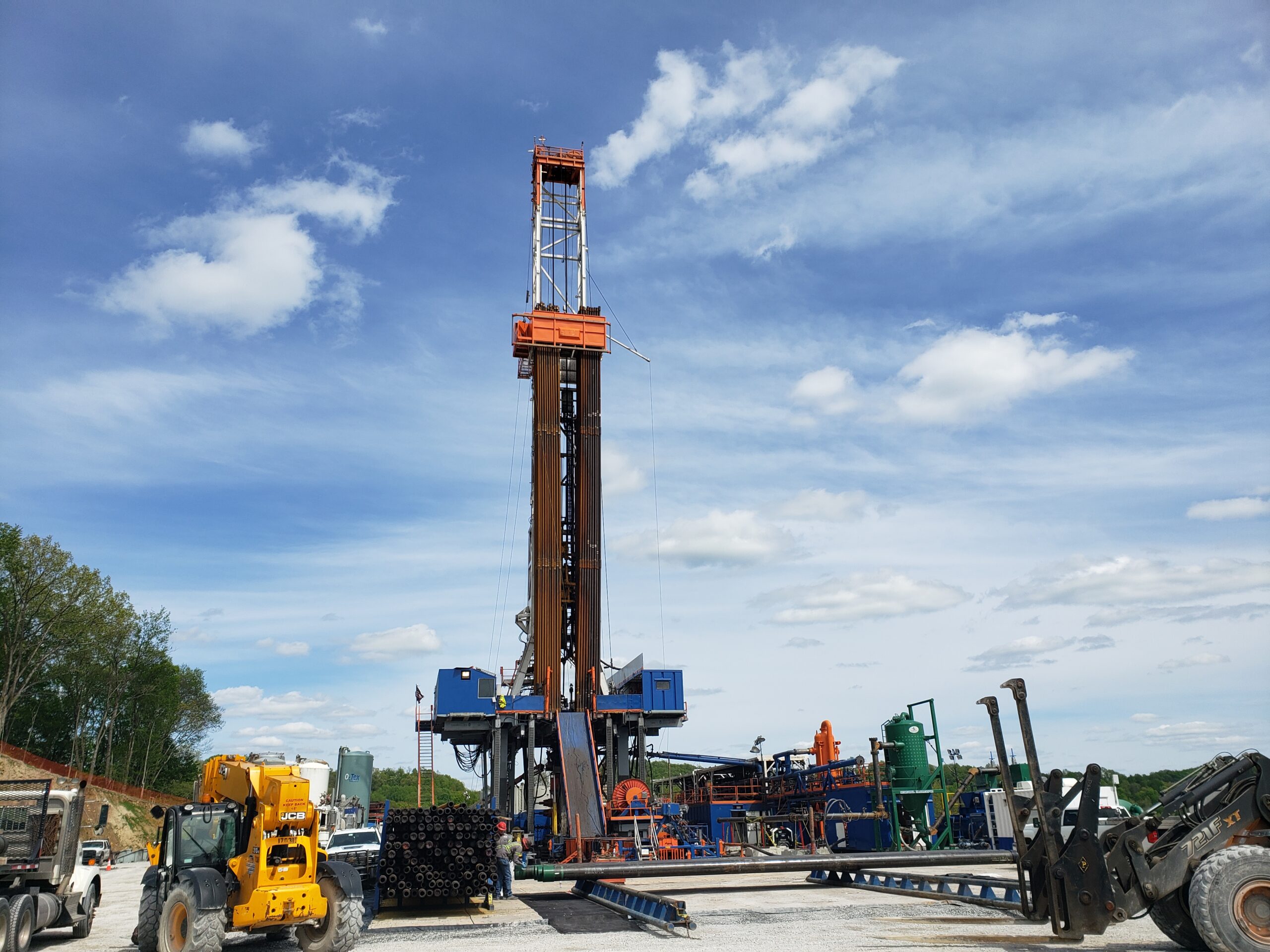MORGANTOWN – A bill working its way through the Senate could more than double the number of oil and gas well inspectors working across the state.
SB 448 proposes three means of raising money for the chronically underfunded Office of Oil and Gas to pay for more inspectors. OO&G relies exclusively on well application fees, unlike other offices that also charge various annual fees. And it gets no federal funding.
Department of Environmental Protection Deputy Secretary Scott Mandirola said the DEP worked this agreement out with the top eight oil and gas producers in the state. The negotiations began after the last session, following several years of failed bills.
The first means dedicates 0.75% of severance tax collections to the OOG to produce an estimated $960,000. The second is an expedited well permit modification fee of $5,000, expected to raise $225,000.
The third means is a tiered annual oversight fee based on well production, Mandirola said. It would raise about $1 million.
Industry opposed a previous proposal for a flat oversight fee, he said, so DEP gave them some numbers it wanted to collect, and industry came back with the proposed tiers.
Large producing wells – a typical horizontal well – producing more than 250,000 cubic feet (250 mcf) per day would be charged $350 per well; a producer would be charged for up to 400 wells, so if they owned 800 they would pay for only half of them. Mandirola said there are 2,218 billable wells of this size.
The second tier is for wells producing 60 mcf up to 250 mcf. The charge would be $75 per well for up to 400 wells. There are 479 wells this size.
The third tier is for marginal wells putting out 10 mcf up to 60 mcf. The charge would be $25 per well for up to 4,000 wells. There are 7,760 wells of this size.
All told, Mandirola said, DEP projects $2.1 million total revenue from this plan. That would double the number of inspectors from the current 10 to 20, along with two inspector supervisors and two specialists to deal with complicated complaints.
Sen. Eric Nelson, R-Kanawha, a former House Finance chair, pointed out that the portion of the bill drawing from severance taxes could make a significant impact on the general fund in some years, such as last year when severance taxes amounted to $500 million.
Sen. Chandler Swope, R-Mercer, offered a different caution: Severance taxes fluctuate, current collections are about 250% to 300% above normal.
In response, committee chair Randy Smith, R-Tucker, said he would revive a different well fee bill for next week’s meeting for them to pass. Both bills would go to Finance for the money people to craft something that would make less of a dent in the general fund.
David McMahon, co-founder of the West Virginia Surface Owners Rights Organization, has been a long-time proponent of increasing the number of inspectors.
He told the senators, “We appreciate this bill. We think it’s not enough.”
He once again sited a Princeton and McGill universities study of 79 active conventional wells in 13 West Virginia counties that showed 53% were leaking methane. Those leaks deprive the royalty owners and the producers of revenue, he said, and put more greenhouse gas into the air.
Data from the national organization of oil and gas regulators, he said, indicates West Virginia needs 127 inspectors to monitor its 75,000 wells. He would hope to get the number up to 45.
Smith, observing how many years they’ve been working at this, said, “If this is what we can get to help them out, it’s what we get to help them out.”
The House of Delegates has an identical bill, HB 3110, which is sitting in its Energy Committee.
Tweet David Beard @dbeardtdp Email dbeard@dominionpost.com




